Energy medicine is a broad term that encompasses various practices and therapies based on the idea that the body’s health and healing are influenced by its energy fields or systems. These practices often focus on manipulating or balancing these energy fields to promote health and well-being. Here’s a general definition:
- Concept of Energy Fields: Energy medicine operates on the belief that living organisms have energy fields or biofields that can affect physical, emotional, and spiritual health. These energy fields are thought to include things like the aura, chakras, or meridians.
- Healing Techniques: Techniques in energy medicine may involve practices like acupuncture, Reiki, therapeutic touch, and qigong. These methods are used to diagnose and treat imbalances or blockages in the body’s energy systems.
- Balancing and Restoring Energy: The goal of energy medicine is to restore balance and harmony within the body’s energy fields. Practitioners may use touch, intention, or other methods to influence the flow of energy and address various health issues.
- Holistic Approach: Energy medicine often takes a holistic approach to health, considering the interplay between physical, emotional, and spiritual aspects of a person. It emphasizes the interconnectedness of these aspects and aims to treat the whole person rather than just specific symptoms.
- Scientific and Clinical Validation: While energy medicine has a long history and many proponents, its scientific validation is varied. Some practices, like acupuncture, have garnered research support, though results can be mixed. Other aspects of energy medicine, especially those involving more esoteric concepts like auras or chakras, often lack empirical evidence and remain controversial within the scientific community.
In essence, energy medicine is based on the belief that balancing the body’s energy fields can support health and healing, but the effectiveness and scientific understanding of these practices can vary widely.





